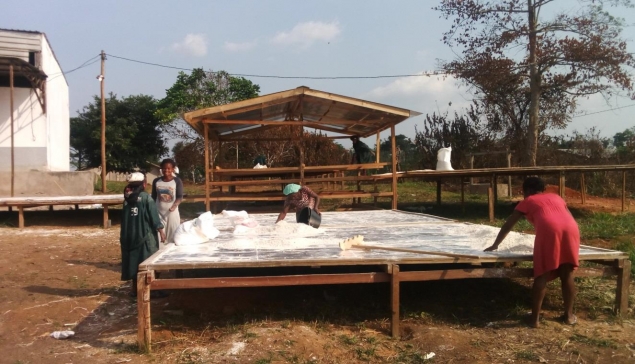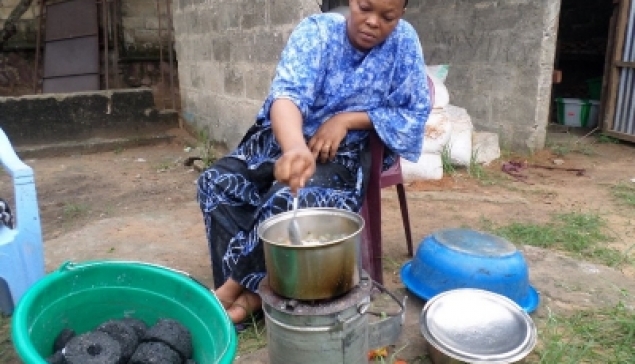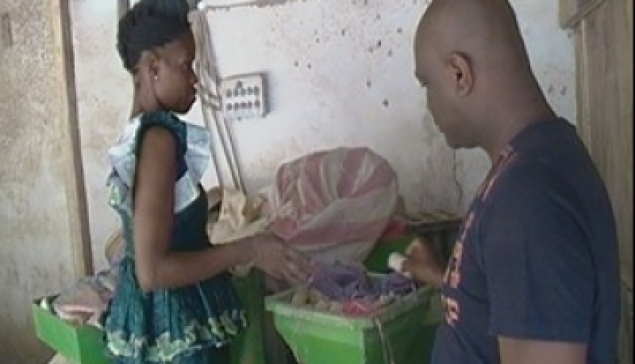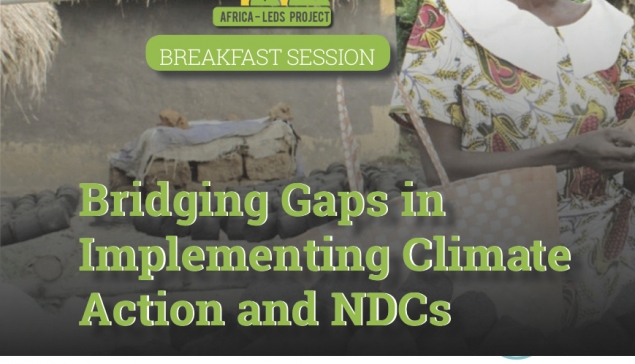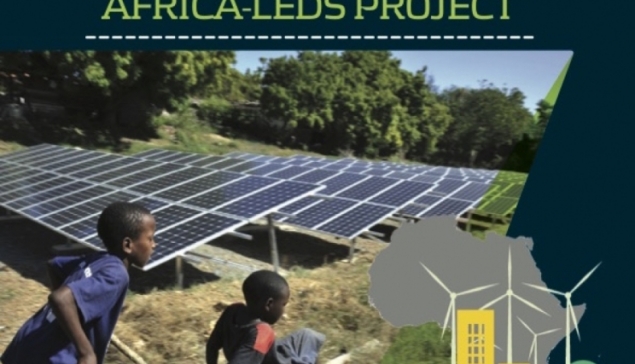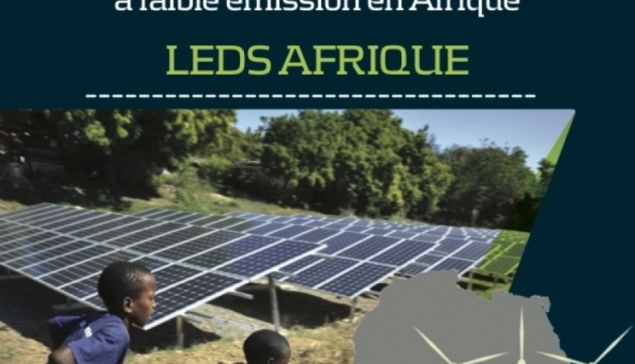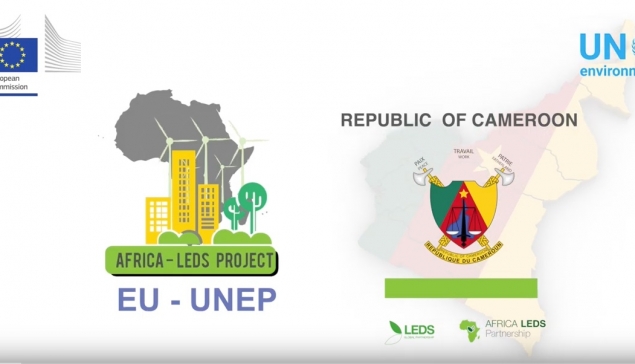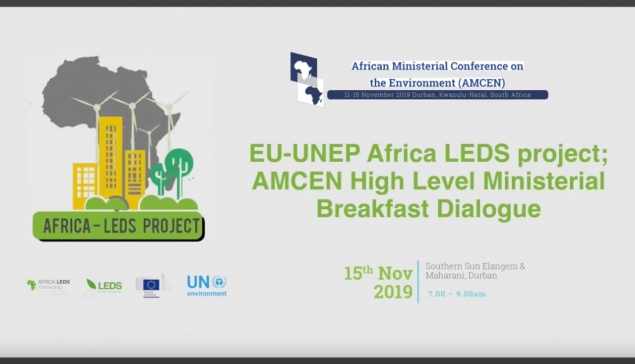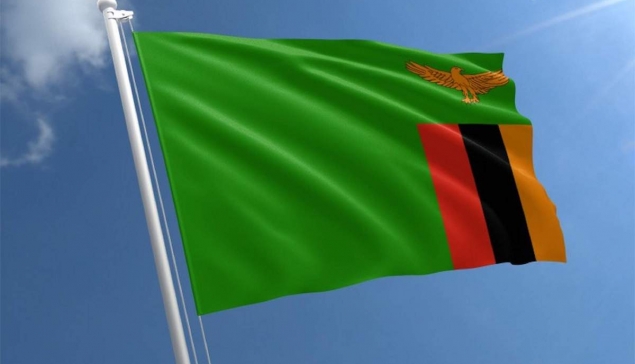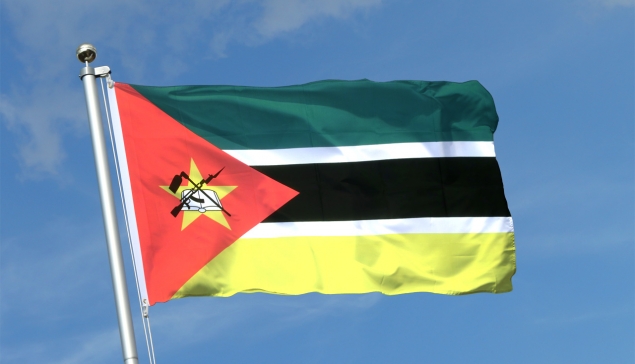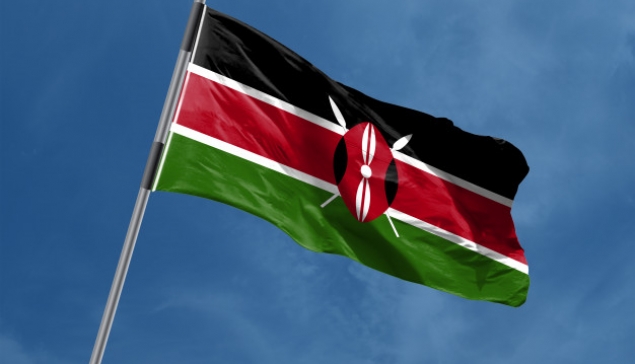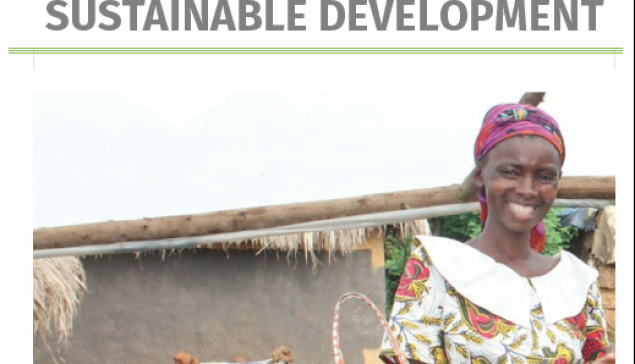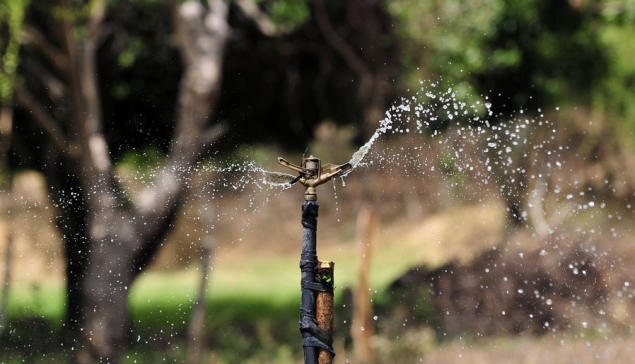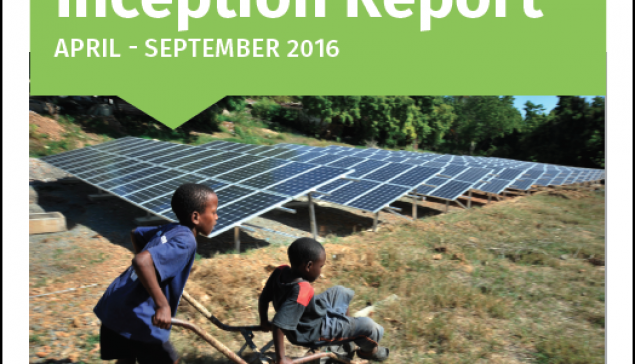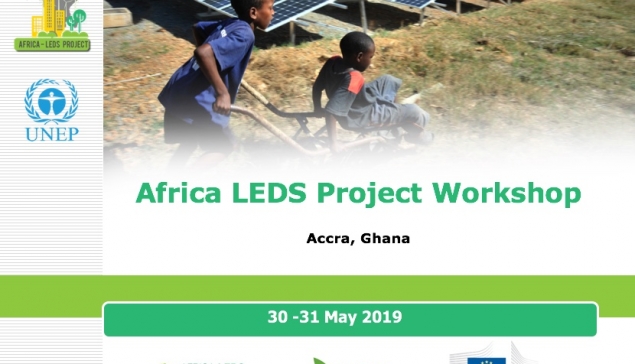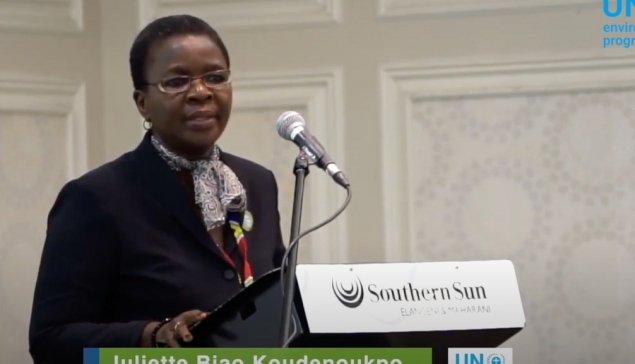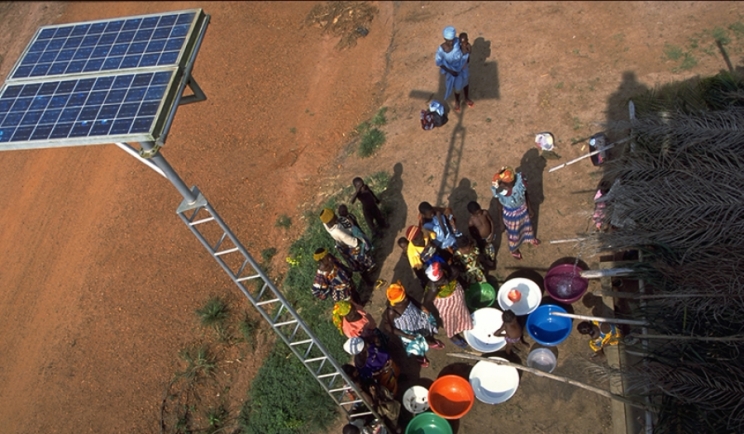With adoption of the COP21 Paris Agreement, the European Commission working with the UN Environment in collaboration with the Africa LEDS Partnership represented by Kwame Nkrumah University of Science and Technology (KNUST), and the LEDS Global Partnership as well as other partners are engaging with country stakeholders to support effective implementation of the agreement in a manner that simultaneously unlocks socio economic opportunities and fulfills climate objectives.
The Africa LEDS project is supporting Low Emissions Development (LEDS) in Africa in the context of respective socio-economic development priorities as stipulated in country development visions & strategies and encapsulated in their respective Nationally Determined Contributions (NDCs). Africa, a region highly vulnerable to climate change, stands to benefit significantly from implementation of the agreement in a transformational manner that targets actions at catalytic sectors that will also advance critical Sustainable Development Goals. To this end, the Africa LEDS project is being implemented in 8 countries, with the aim of replicating success and sharing lessons across the continent.
Among crucial provisions of the COP21 agreement that ensure alignment with country economic priorities is Article 3 on Nationally Determined Contributions (NDCs). This project is focusing on implementing NDCs in a way to achieve simultaneous climate objectives and socio-economic priorities of countries.
Project implementation is under two components. The first focuses on strategic level interventions validated through a ground demonstration project, aimed at building the capacity of countries for LEDS planning and policy integration at sectorial and economy wide scales consistent with their respective climate objectives and socio-economic development priorities stipulated in their NDCs. The second focuses on tactical, technical and technological capacity building to provide a strong analytical framework for long-term LEDS policy decision making consistent with respective country climate objectives and socio-economic development priorities as stipulated in their NDCs. Partners in Cameroon, Cote d’Ivoire, and the Democratic Republic of the Congo are focusing on both components 1 & 2 while in Ghana, Kenya, Morocco, Mozambique, and Zambia, efforts focus on component 2.
As a key component, the initiative will also bring together countries at the regional level to share lessons and catalyze country driven LEDS development consistent with respective country NDCs across the continent. Through this regional component, African countries within five regions (Central, Eastern, Northern, Southern, and Western Africa) will come together to share lessons and solutions to key challenges related to design and implementation of LEDS and NDCs. Country-specific activities and the regional peer learning networks are designed to support holistic LEDS transformation across the continent.
Africa’s industrial emissions are negligible. Consequently, a majority of the continents NDCs are focused on land based actions, prioritizing emissions reductions from land degradation through enhancing sinks and on bridging the energy gap by leveraging the continents vast clean energy sources and available technologies. Additional areas of priority within NDCS include waste-to energy recovery, and reducing future emissions from transport, among other key areas crucial to unlock low-emissions economic development opportunities in Africa. This project is therefore focusing on policy and ground actions targeted at ensuring NDC implementation, while simultaneously unlocking socio-economic opportunities and meeting climate obligations.
Given that the priorities are diverse, this project is narrowing down on concrete actions that encapsulate multiple priorities. These were refined by the project steering committee (PSC). For instance in Cameroon, Cote d’Ivoire and Democratic Republic of Congo (DRC) which are implementing both component 1 & 2, countries have identified there priority inclusive LEDS actions that the project is focusing for both components 1 & 2. In Cameroon, the priority action is delivery of technical and political capacities in developing green agro-value chains utilizing clean energy for processing and transportation.
In Cote D’Ivoire, it is delivery of compost production to support smart agriculture industry pathway and reduce GHG emission from both the waste and agriculture sectors while simultaneously creating jobs.
In Democratic Republic Of Congo (DRC), it is delivery of energy efficient household cooking and cook stoves options which will reduce deforestation and consolidate the DRC REDD+ process.
For the countries where focus is only on Modeling Support, actions focus on establishing the base-line in their priority sectors which are key to actualizing environmentally sustainable economically inclusive growth as captured in their NDCS, LEDS, NAMA and other LEDS plans. This will provide a reference point against which extrapolations to guide LEDS policy making and implementation options to shape future LEDS development will be based. These parameters will be used to establish the analytical framework for policy decision making. And the framework will then inform on the amount of CO2 and other greenhouse gases abated against the number of jobs created and other macro-economic indicators achieved for various LEDS options in the respective country priority sectors.



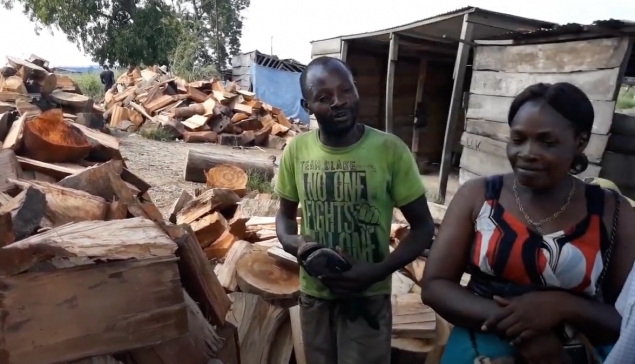
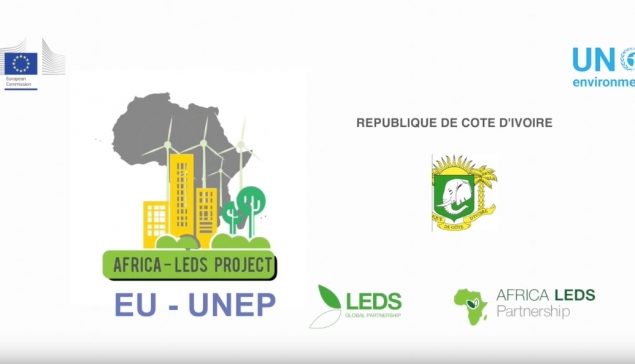


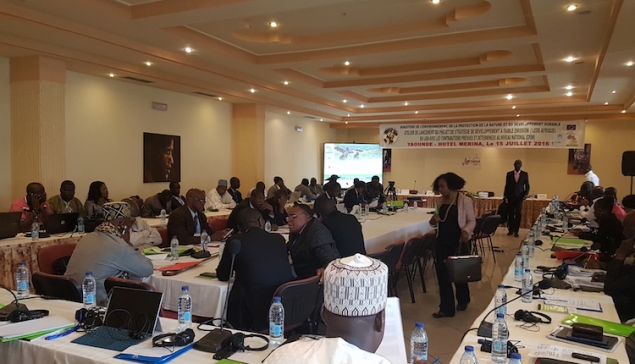
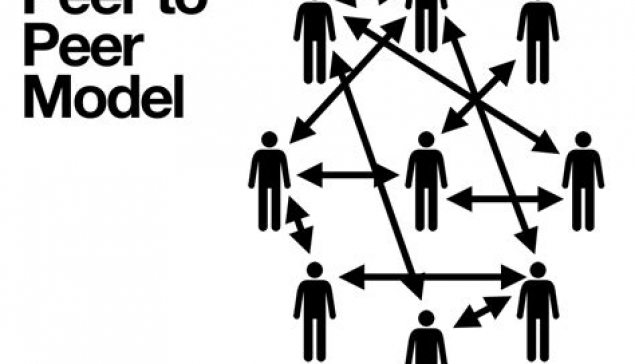

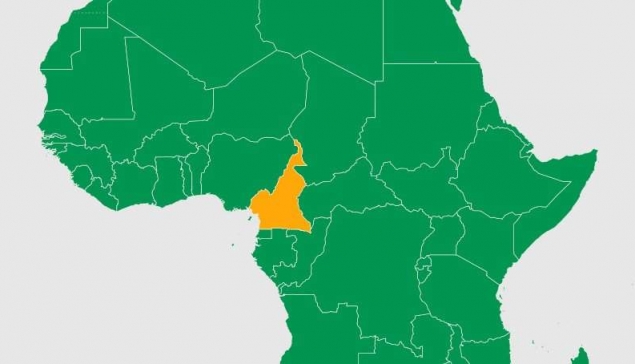
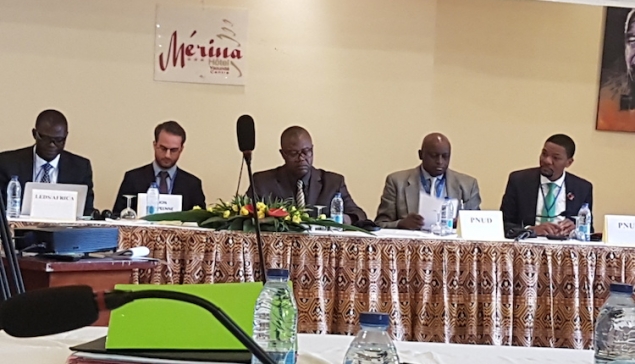
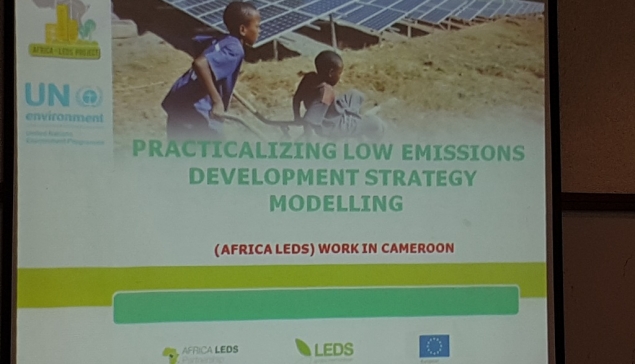
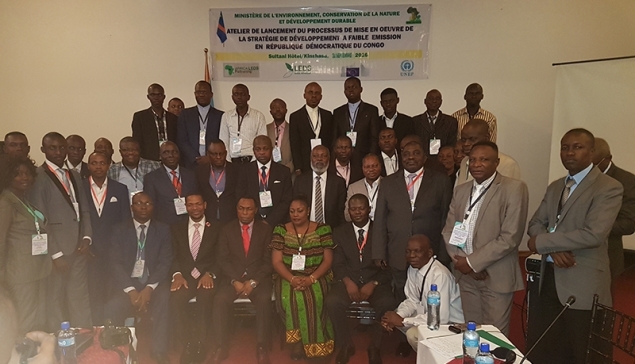
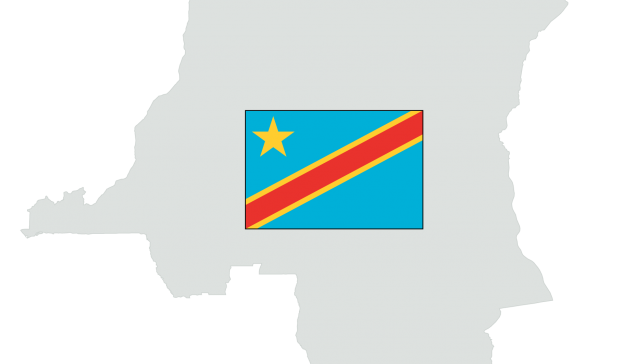
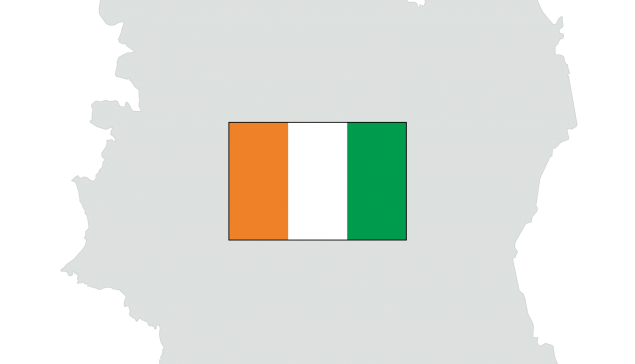
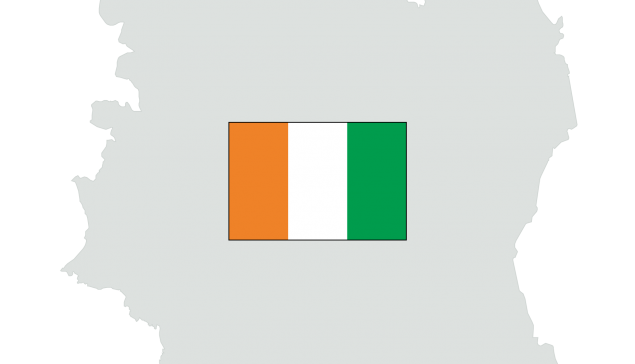
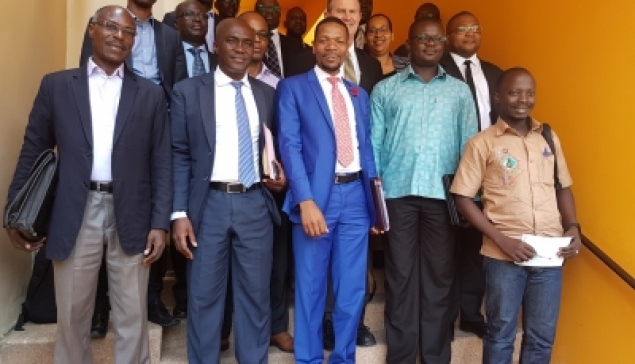
_large.jpg)
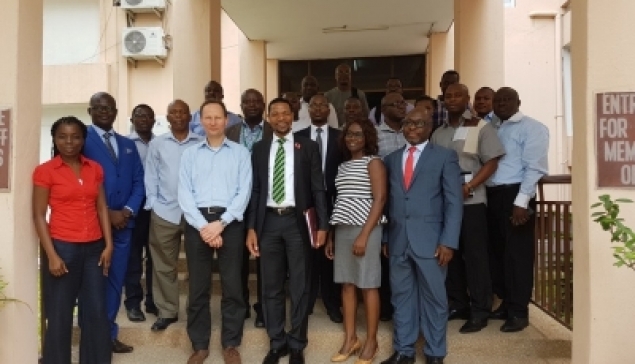
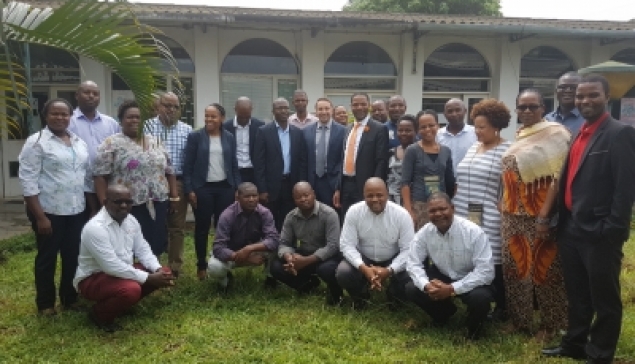
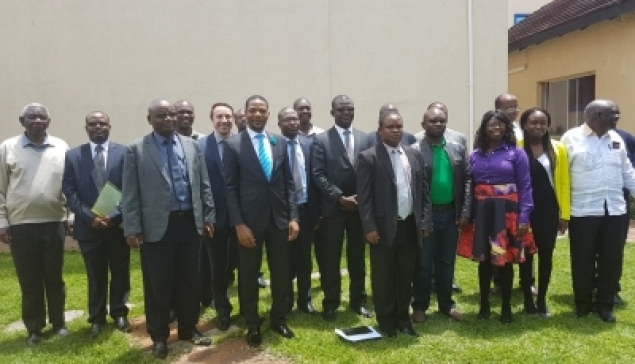
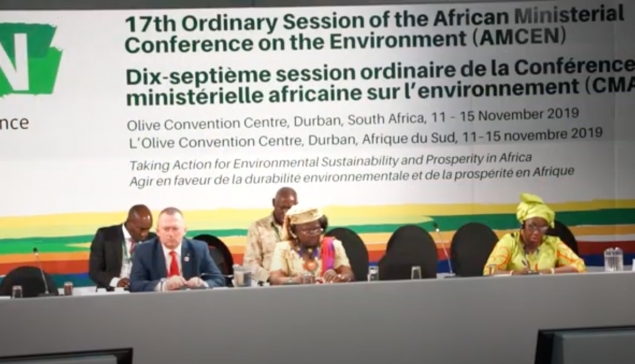

_large.jpg)
